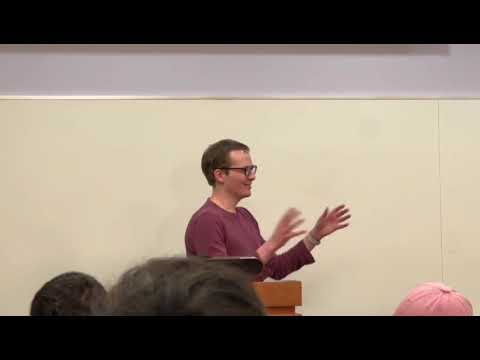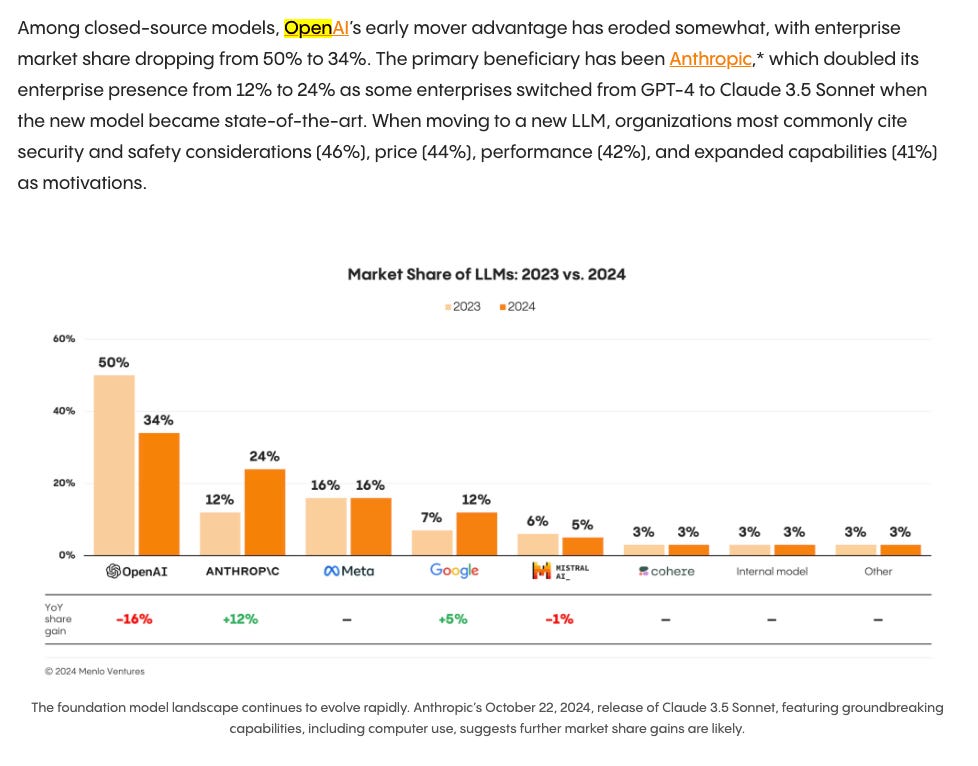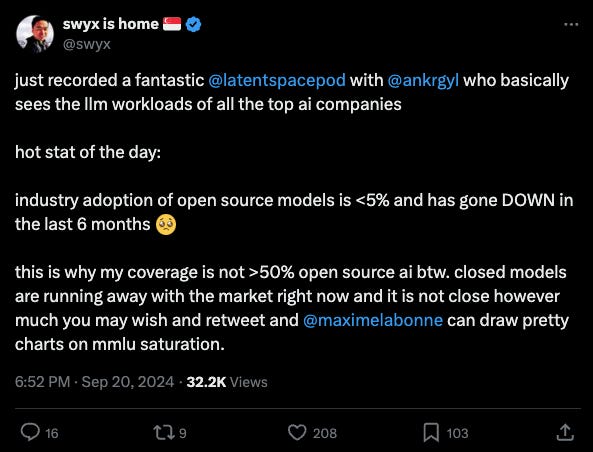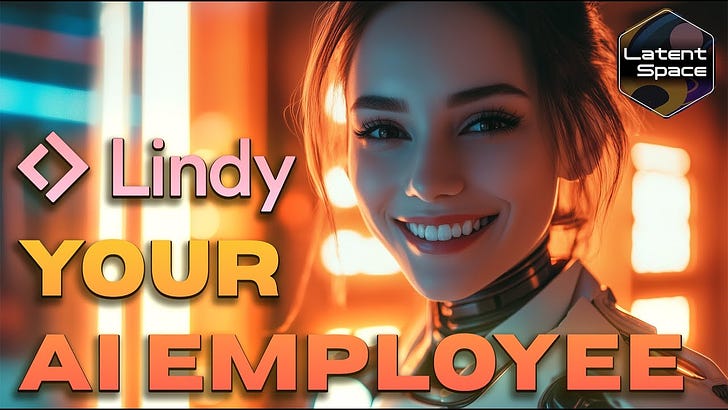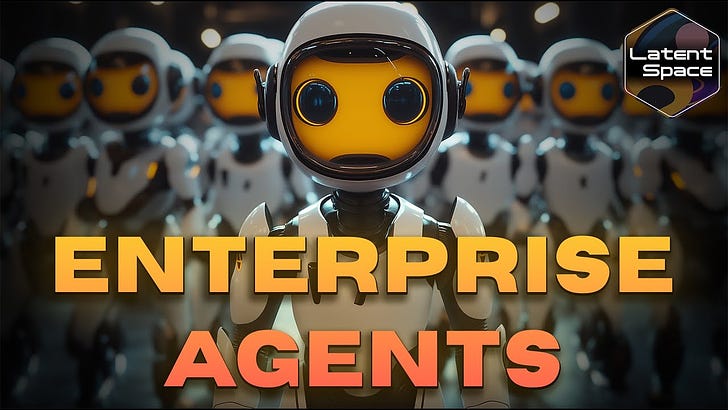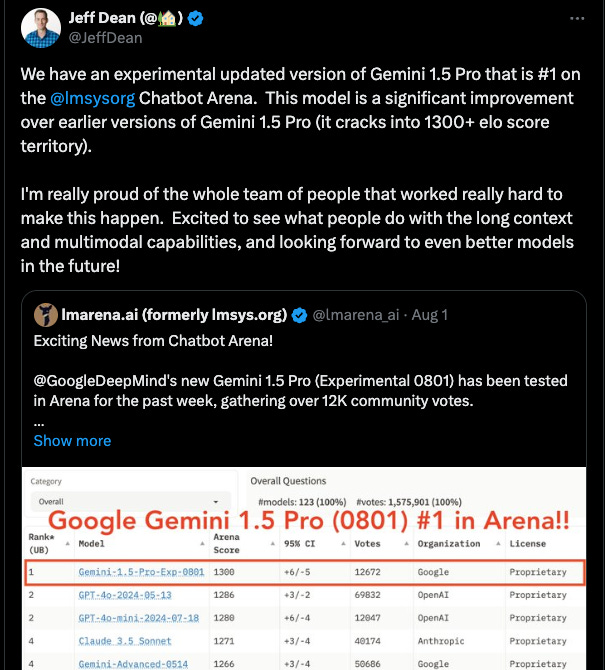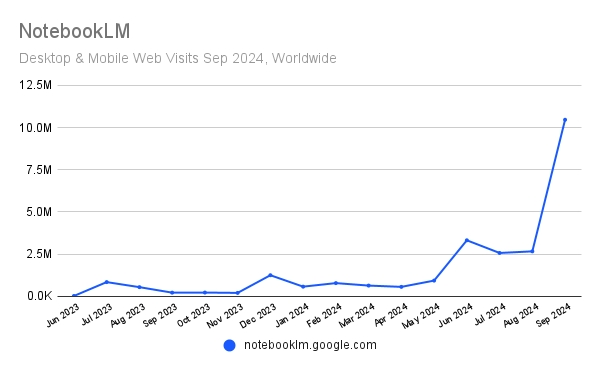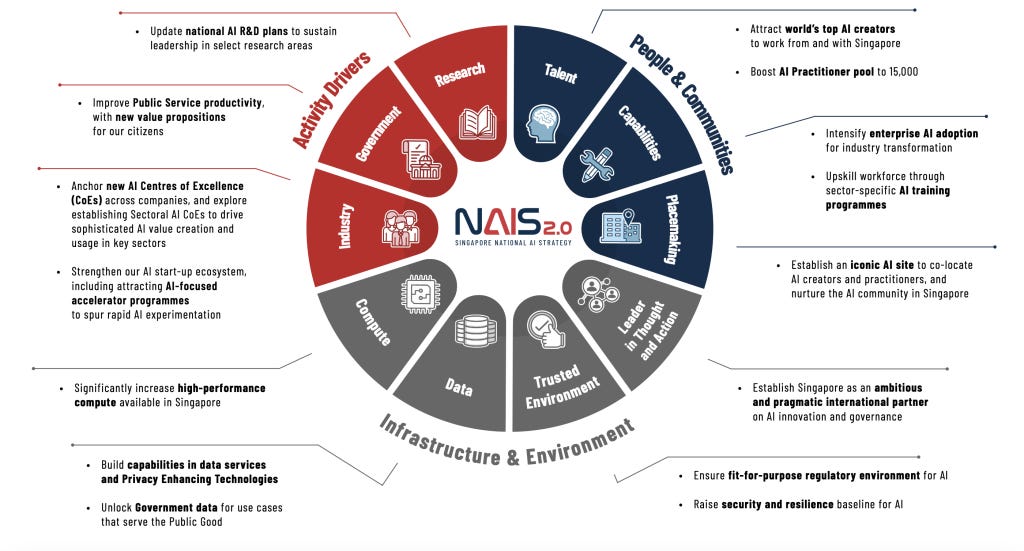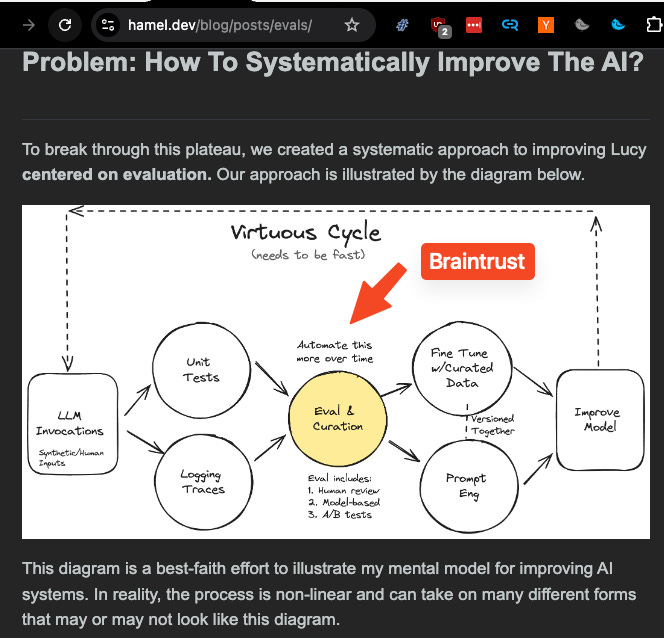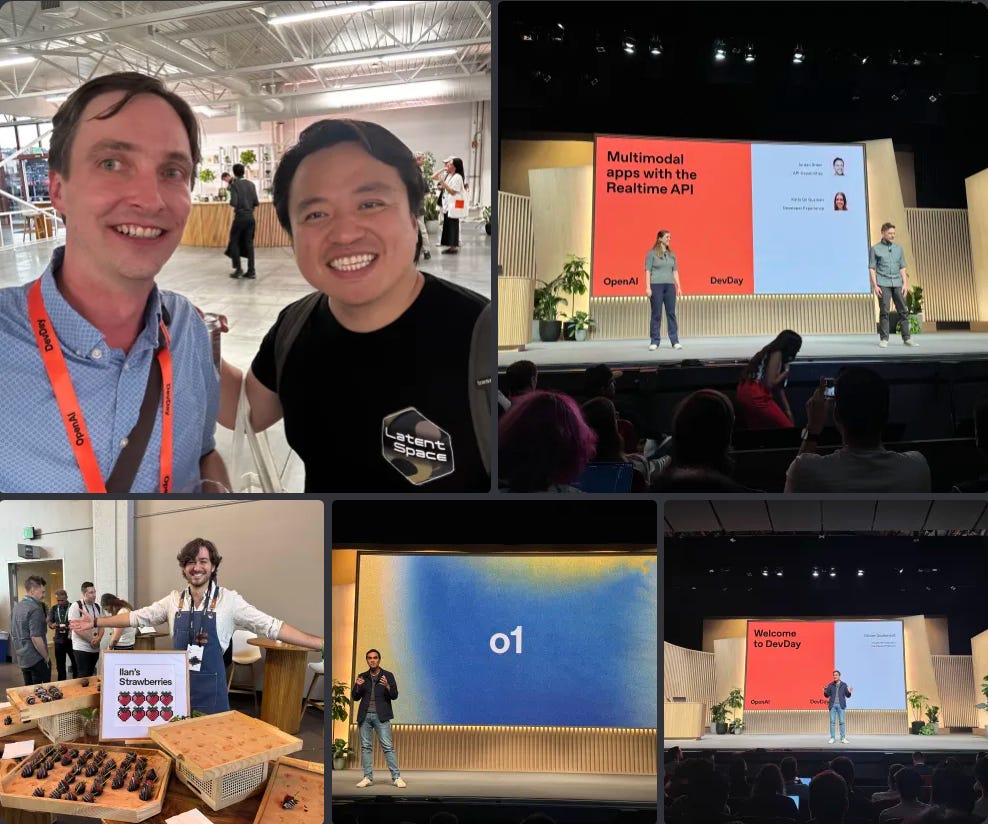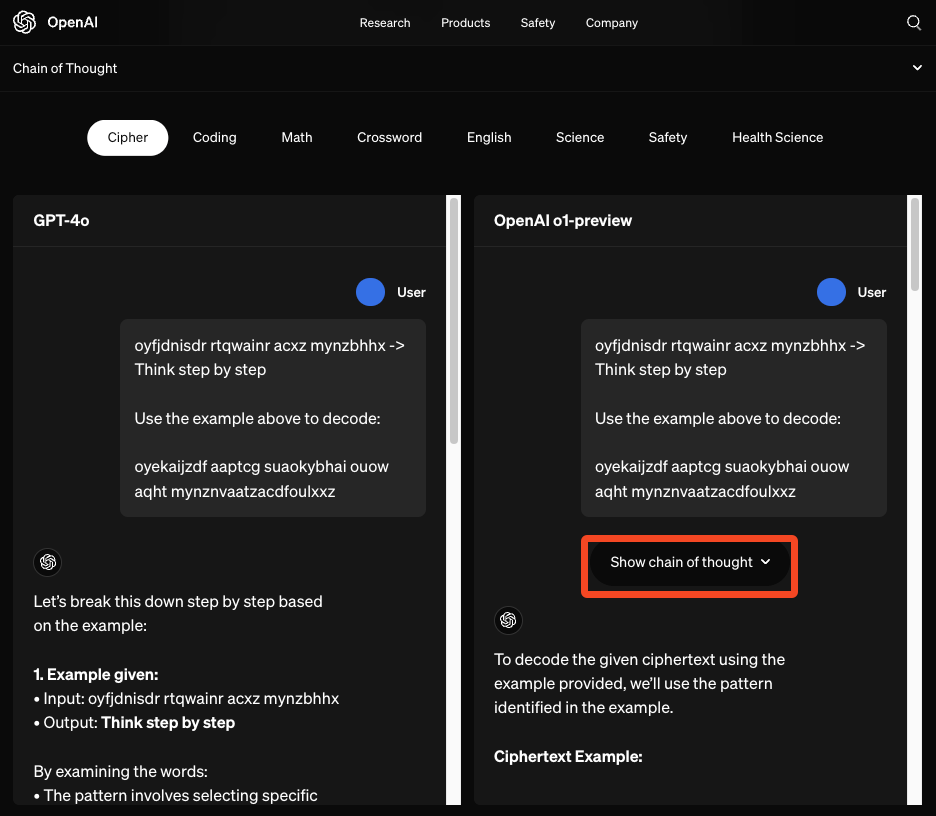Building the Silicon Brain - with Drew Houston of Dropbox
Description
CEOs of publicly traded companies are often in the news talking about their new AI initiatives, but few of them have built anything with it. Drew Houston from Dropbox is different; he has spent over 400 hours coding with LLMs in the last year and is now refocusing his 2,500+ employees around this new way of working, 17 years after founding the company.
Timestamps
00:00 Introductions
00:43 Drew's AI journey
04:14 Revalidating expectations of AI
08:23 Simulation in self-driving vs. knowledge work
12:14 Drew's AI Engineering setup
15:24 RAG vs. long context in AI models
18:06 From "FileGPT" to Dropbox AI
23:20 Is storage solved?26:30 Products vs Features
30:48 Building trust for data access
33:42 Dropbox Dash and universal search
38:05 The evolution of Dropbox
42:39 Building a "silicon brain" for knowledge work
48:45 Open source AI and its impact
51:30 "Rent, Don't Buy" for AI
54:50 Staying relevant
58:57 Founder Mode
01:03:10 Advice for founders navigating AI
01:07:36 Building and managing teams in a growing company
Transcript
Alessio [00:00:00 ]: Hey everyone, welcome to the Latent Space podcast. This is Alessio, partner and CTO at Decibel Partners, and there's no Swyx today, but I'm joined by Drew Houston of Dropbox. Welcome, Drew.
Drew [00:00:14 ]: Thanks for having me.
Alessio [00:00:15 ]: So we're not going to talk about the Dropbox story. We're not going to talk about the Chinatown bus and the flash drive and all that. I think you've talked enough about it. Where I want to start is you as an AI engineer. So as you know, most of our audience is engineering folks, kind of like technology leaders. You obviously run Dropbox, which is a huge company, but you also do a lot of coding. I think that's how you spend almost 400 hours, just like coding. So let's start there. What was the first interaction you had with an LLM API and when did the journey start for you?
Drew [00:00:43 ]: Yeah. Well, I think probably all AI engineers or whatever you call an AI engineer, those people started out as engineers before that. So engineering is my first love. I mean, I grew up as a little kid. I was that kid. My first line of code was at five years old. I just really loved, I wanted to make computer games, like this whole path. That also led me into startups and eventually starting Dropbox. And then with AI specifically, I studied computer science, I got my, I did my undergrad, but I didn't do like grad level computer science. I didn't, I sort of got distracted by all the startup things, so I didn't do grad level work. But about several years ago, I made a couple of things. So one is I sort of, I knew I wanted to go from being an engineer to a founder. And then, but sort of the becoming a CEO part was sort of backed into the job. And so a couple of realizations. One is that, I mean, there's a lot of like repetitive and like manual work you have to do as an executive that is actually lends itself pretty well to automation, both for like my own convenience. And then out of interest in learning, I guess what we call like classical machine learning these days, I started really trying to wrap my head around understanding machine learning and informational retrieval more, more formally. So I'd say maybe 2016, 2017 started me writing these more successively, more elaborate scripts to like understand basic like classifiers and regression and, and again, like basic information retrieval and NLP back in those days. And there's sort of like two things that came out of that. One is techniques are super powerful. And even just like studying like old school machine learning was a pretty big inversion of the way I had learned engineering, right? You know, I started programming when everyone starts programming and you're, you're sort of the human, you're giving an algorithm to the, and spelling out to the computer how it should run it. And then machine learning, here's machine learning where it's like actually flip that, like give it sort of the answer you want and it'll figure out the algorithm, which was pretty mind bending. And it was both like pretty powerful when I would write tools, like figure out like time audits or like, where's my time going? Is this meeting a one-on-one or is it a recruiting thing or is it a product strategy thing? I started out doing that manually with my assistant, but then found that this was like a very like automatable task. And so, which also had the side effect of teaching me a lot about machine learning. But then there was this big problem, like anytime you, it was very good at like tabular structured data, but like anytime it hit, you know, the usual malformed English that humans speak, it would just like fall over. I had to kind of abandon a lot of the things that I wanted to build because like there's no way to like parse text. Like maybe it would sort of identify the part of speech in a sentence or something. But then fast forward to the LLM, I mean actually I started trying some of like this, what we would call like very small LLMs before kind of the GPT class models. And it was like super hard to get those things working. So like these 500 parameter models would just be like hallucinating and repeating and you know. So actually I'd kind of like written it off a little bit. But then the chat GPT launch and GPT-3 for sure. And then once people figured out like prompting and instruction tuning, this was sort of like November-ish 2022 like everybody else sort of that the chat GPT launch being the starting gun for the whole AI era of computing and then having API access to three and then early access to GPT-4. I was like, oh man, it's happening. And so I was literally on my honeymoon and we're like on a beach in Thailand and I'm like coding these like AI tools to automate like writing or to assist with writing and all these different use cases.
Alessio [00:04:14 ]: You're like, I'm never going back to work. I'm going to automate all of it before I get back.
Drew [00:04:17 ]: And I was just, you know, ever since then, I mean, I've always been like coding like prototypes and just stuff to make my life more convenient, but like escalated a lot after 22. And yeah, I spent, I checked, I think it was probably like over 400 hours this year so far coding because I had my paternity leave where I was able to work on some special projects. But yeah, it's a super important part of like my whole learning journey is like being really hands-on with these things. And I mean, it's probably not a typical recipe, but I really love to get down to the metal as far as how this stuff works.
Alessio [00:04:47 ]: Yeah. So Swyx and I were with Sam Altman in October 22. We were like at a hack day at OpenAI and that's why we started this podcast eventually. But you did an interview with Sam like seven years ago and he asked you what's the biggest opportunity in startups and you were like machine learning and AI and you were almost like too early, right? It's like maybe seven years ago, the models weren't quite there. How should people think about revalidating like expectations of this technology? You know, I think even today people will tell you, oh, models are not really good at X because they were not good 12 months ago, but they're good today.
Drew [00:05:19 ]: What's your project? Heuristics for thinking about that or how is, yeah, I think the way I look at it now is pretty, has evolved a lot since when I started. I mean, I think everybody intuitively starts with like, all right, let's try to predict the future or imagine like what's this great end state we're going to get to. And the tricky thing is like often those prognostications are right, but they're right in terms of direction, but not when. For example, you know, even in the early days of the internet, 90s when things were even like tech space and you know, even before like the browser or things like that, people were like, oh man, you're going to have, you know, you're going to be able to order food, get like a Snickers delivered to your house, you're going to be able to watch any movie ever created. And they were right. But they were like, you know, it took 20 years for that to actually happen. And before you got to DoorDash, you had to get, you started with like Webvan and Cosmo and before you get to Spotify, you had to do like Napster and Kazaa and LimeWire and like a bunch of like broken Britney Spears MP3s and malware. So I think the big lesson is being early is the same as being wrong. Being late is the same as being wrong. So really how do you calibrate timing? And then I think with AI, it's the same thing that people are like, oh, it's going to completely upend society and all these positive and negative ways. I think that's like most of those things are going to come true. The question is like, when is that going to happen? And then with AI specifically, I think there's also, in addition to sort of the general tech category or like jumping too fast to the future, I think that AI is particularly susceptible to that. And you look at self-driving, right? This idea of like, oh my God, you can have a self-driving car captured everybody's imaginations 10, 12 years ago. And you know, people are like, oh man, in two years, there's not going to be another year. There's not going to be a human driver on the road to be seen. It didn't work out that way, right? We're still 10, 12 years later where we're in a world where you can sort of sometimes get a Waymo in like one city on earth. Exciting, but just took a lot longer than people think. And the reason is there's a l


![2024 in Agents [LS Live! @ NeurIPS 2024] 2024 in Agents [LS Live! @ NeurIPS 2024]](https://s3.castbox.fm/3d/de/82/0d8893949c705b611e5972f65f39c94b2c_scaled_v1_400.jpg)
![2024 in Synthetic Data and Smol Models [LS Live @ NeurIPS] 2024 in Synthetic Data and Smol Models [LS Live @ NeurIPS]](https://substackcdn.com/feed/podcast/1084089/post/153567986/bbef81072a7602f9a124ffd13d17f992.jpg)
![2024 in Post-Transformers Architectures (State Space Models, RWKV) [LS Live @ NeurIPS] 2024 in Post-Transformers Architectures (State Space Models, RWKV) [LS Live @ NeurIPS]](https://substackcdn.com/feed/podcast/1084089/post/153556680/f4d6f1a19e9a93b6e342a5bbe8815cd2.jpg)
![2024 in Open Models [LS Live @ NeurIPS] 2024 in Open Models [LS Live @ NeurIPS]](https://substackcdn.com/feed/podcast/1084089/post/153509369/8926d1ae15dfa6cacc2b0cd7158b07d3.jpg)
![2024 in Vision [LS Live @ NeurIPS] 2024 in Vision [LS Live @ NeurIPS]](https://substackcdn.com/feed/podcast/1084089/post/153472517/d3a235d317f9f5a30d0dff7ffc795392.jpg)
![2024 in AI Startups [LS Live @ NeurIPS] 2024 in AI Startups [LS Live @ NeurIPS]](https://substackcdn.com/feed/podcast/1084089/post/153389370/2d1909e2fbbd5c9267a782756c04d8a3.jpg)

